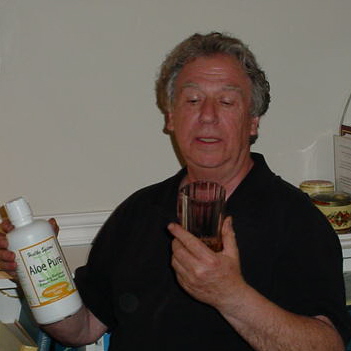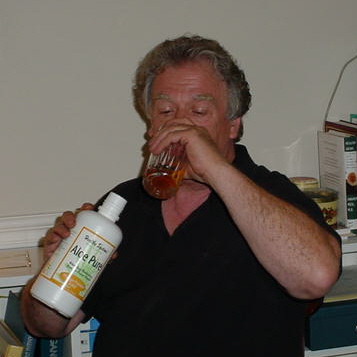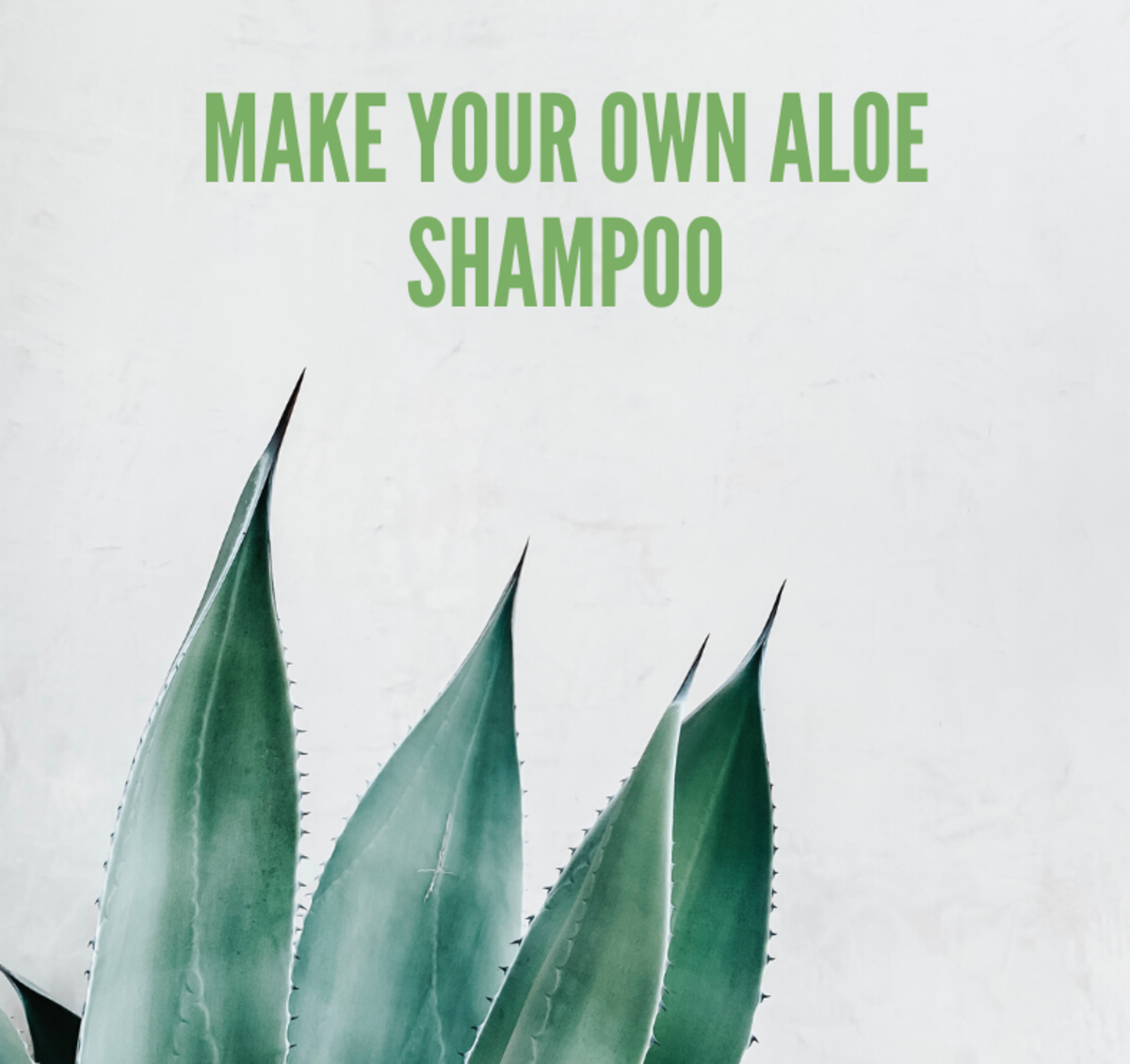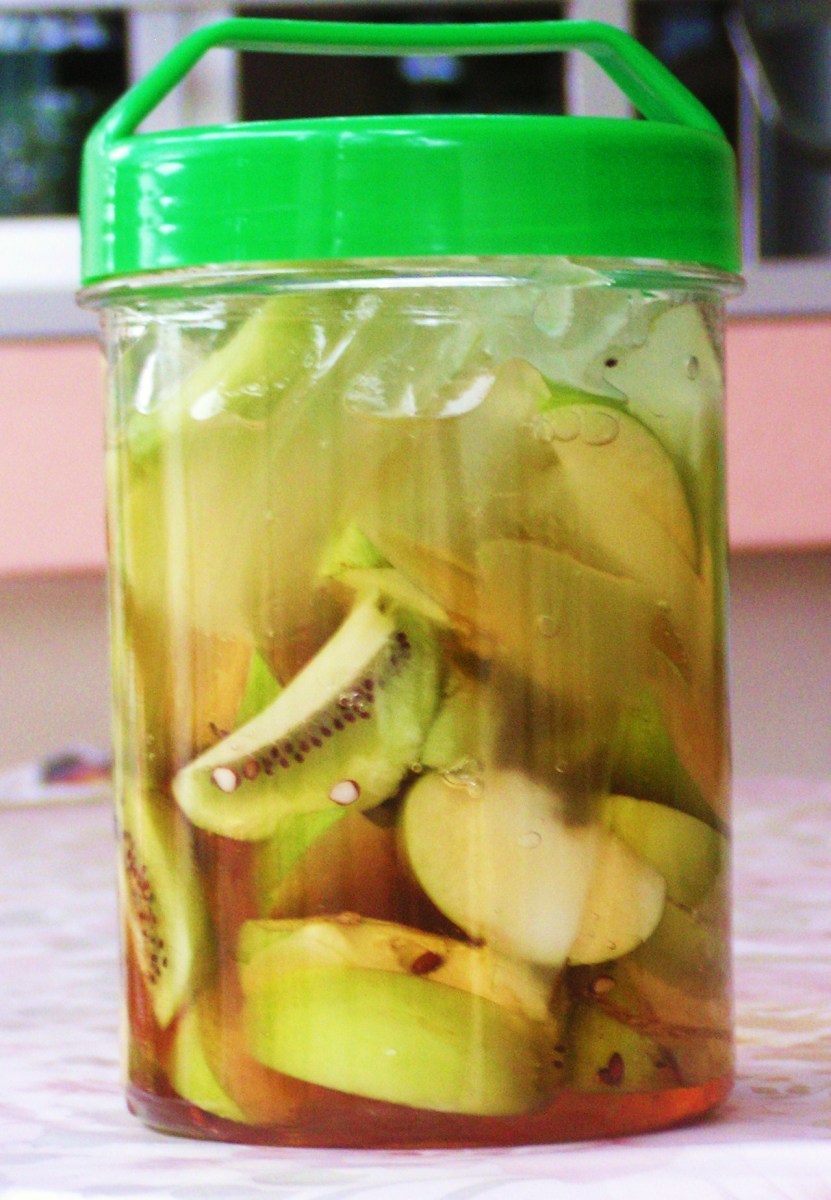Why Drink Aloe Vera Juice?
Drink Aloe Vera Juice Anytime!



Uses of Aloe Vera
Of course most people know that this so called "Miracle Plant" Aloe Vera, in the early twentieth century, was used for the treatment of skin disorders. The treatment of various skin complications such as burns, sunburns, thermal burns, scalding, heat rashes and lesions has all been safe uses for Aloe Vera.
As early as the 1930s research scientist found that fresh Aloe Vera reported very positive findings in the use of Aloe Vera in the treatment of (roentgen ray) dermatitis or dermatitis burns from x-rays. Thus, it became known and acknowledged for its topical applications of all skin traumas.
Then in 1949 a most significant finding, of that time, involved the anti-bacterial potential in the treatment of Mycrobacterium tuberculosis.
During the decades of the fifties and sixties, as research techniques improved and more refined systems of measurements arose, the findings that favored Aloe Vera began to abound and the FDA admits that the Aloe ointment does actually regenerate new skin tissue.
In 1963 a study revealed more of Aloe Vera capacities for healing and published the report on the treatment of peptic ulcers. The response was so favorable that it created the clinical impression that this medication of Aloe Vera can certainly delay and perhaps even prevent the development of peptic ulcers.
Another study in 1963 determined that Aloe Vera did inhibit Staphylococcus Aureus, Staphylococcus pyogenes, Corynebacterium xerosis, Shigella paradysenteriae, Salmonella typhosa and Salmonella paratyphi. In layman's terms, this study and research determined that Aloe Vera was effective against a broad range of bacteria, viruses fungi and molds that caused such manifestations as different kinds of staph infections, pussing, dry and itchy skin, certain strains of dysenteric parasites and contagious and non contagious typhoid.
In 1971 another test conducted to test the various percentages of "stabilized" Aloe Vera in a culture medium against four types of pernicious microorganisms:
- Staphylococcus aureus, a staph bacteria found in boils carbuncles,
- Strept viridans, a highly pathogenic bacteria found in various kinds of wounds and infections
- Corynebacterium xerosis, bacteria found in dry itchy skin such as exist in seborrhea.
- Candida Albicans, a monilial fungus prevalent in such conditions as yeast infections, vaginitis, and now believed to be the number one cause of what is commonly known as Chronic Fatigue Syndrome.
What was found, that testing against these pathogenic bacteria and fungus, was that stabilized Aloe Vera in a 90% solution reduced the presents of these microorganisms by as much as 98.5% in strep, staph and corynebacterium strains and by 97.5% in the candida fungus ...in other words the Aloe Vera virtually eliminated them. In fact, it was most effective at killing or stopping over 80% of the candida at as low as a 50% concentration.
To be sure, we have just touched on a few of the reasons, why you should drink Aloe. What is so remarkable is the consistent broad spectrum healing potentials that Aloe Vera possesses, a phenomenon that only grows and widens as the studies and research continues.
In closing there are some more reasons why you should drink Aloe Vera:
- Acne
- Bowels
- Colitis
- Allergies
- Digestive
- Herpes
- Hemorrhoids
- Inflammation
- Eczema
- Canker sores
- Asthma
- Stomach discomforts
- Colds
- Flu
Aloe is recognized for being virtually harmless and non-toxic.

Vaseline uses Aloe to soothe skin









